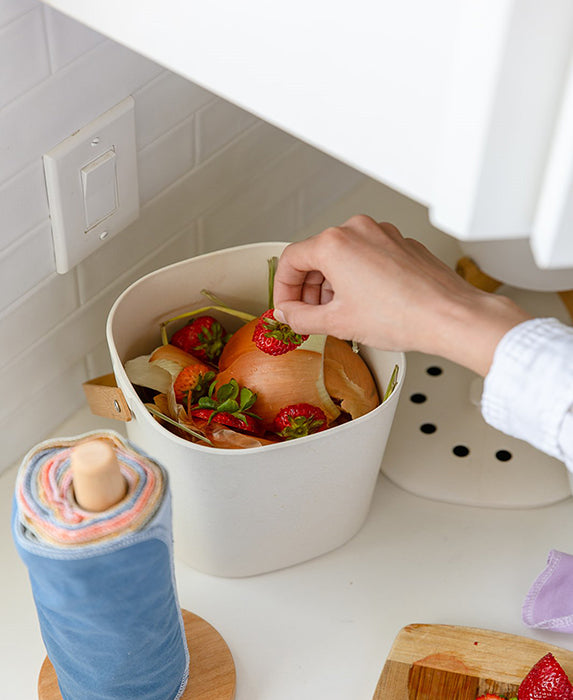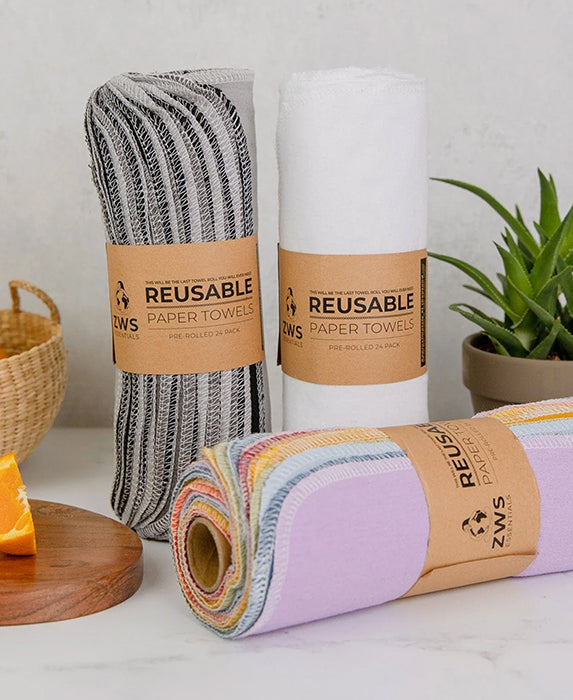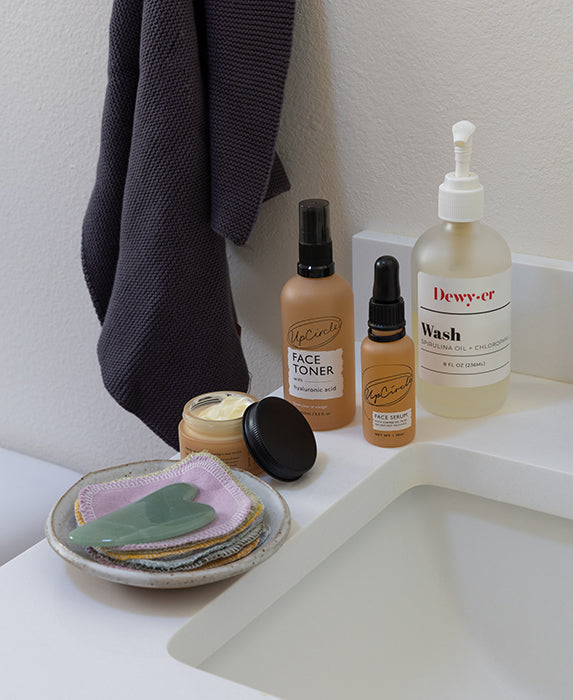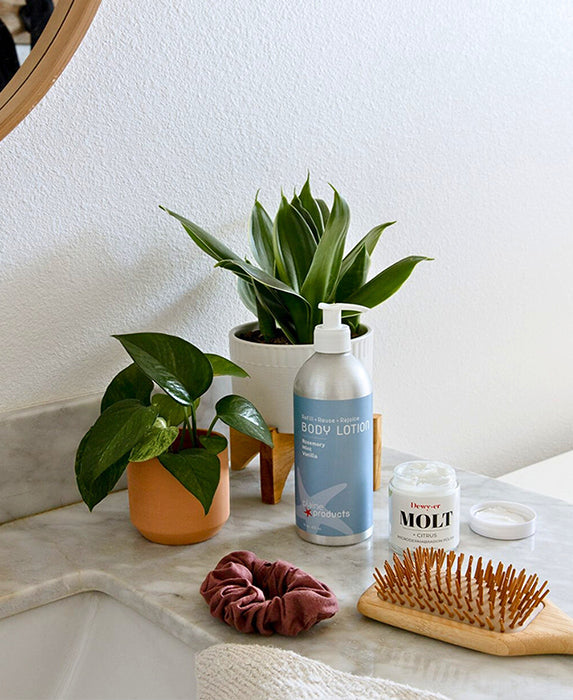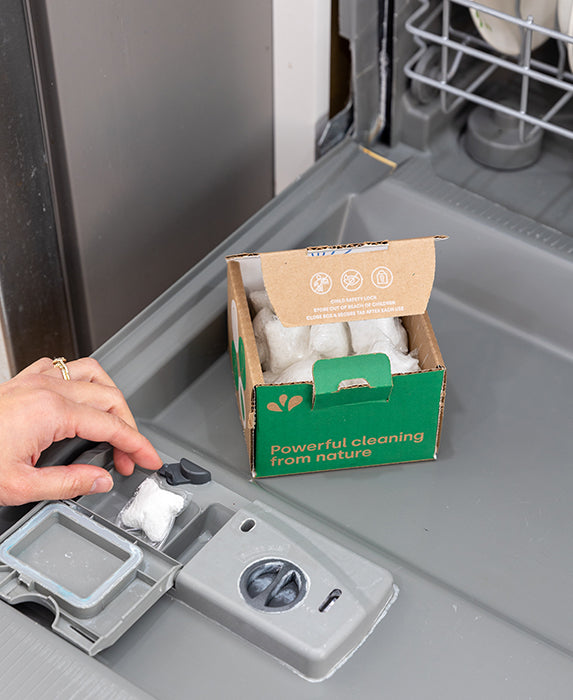ChopValue
Odds are, the last time you went out for sushi your mind was focused on the delicious combo of seasoned rice, flavorful veggies, and fresh fish; not your chopsticks. The city of Vancouver is home to over 2,000 restaurants that use disposable chopsticks, and is known as a mecca for Asian cuisine. A whopping 100,000 bamboo chopsticks are thrown away each day in the city alone, and that's where German native Felix Beck comes into play.
As a PhD candidate in the forestry program at the University of British Columbia, Beck was interested in bamboo as a sustainable building material, but was searching for a justification to study bamboo in Vancouver. When Beck moved in with food connoisseur and sushi-loving girlfriend Thalia, he noticed a drawer filled entirely with disposable chopsticks. That's when ChopValue was born. That was the first time it clicked, I couldn't get it out of my head says Beck.
ChopValue was launched in the Spring of 2016, after coming in first place at the annual Pitch Tank. Pitch Tank is a Shark Tank-esque competitive interior design show where the sustainable, reclaimed bamboo designs blew the judges' socks off. Two years later, ChopValue is taking the innovative recycling market by storm and has transformed over 2.5 million chopsticks into beautiful home decor and accessories. These sushi lovers are giving urban waste a second life by creating products such as stylish coasters, wall decor, and yoga blocks.
As a PhD candidate in the forestry program at the University of British Columbia, Beck was interested in bamboo as a sustainable building material, but was searching for a justification to study bamboo in Vancouver. When Beck moved in with food connoisseur and sushi-loving girlfriend Thalia, he noticed a drawer filled entirely with disposable chopsticks. That's when ChopValue was born. That was the first time it clicked, I couldn't get it out of my head says Beck.
ChopValue was launched in the Spring of 2016, after coming in first place at the annual Pitch Tank. Pitch Tank is a Shark Tank-esque competitive interior design show where the sustainable, reclaimed bamboo designs blew the judges' socks off. Two years later, ChopValue is taking the innovative recycling market by storm and has transformed over 2.5 million chopsticks into beautiful home decor and accessories. These sushi lovers are giving urban waste a second life by creating products such as stylish coasters, wall decor, and yoga blocks.


Chopsticks to Treasure
In the words of ChopValue founder Felix Beck, ‚It should be a normality to think twice if we can reuse a material or not before we throw it away. For me, it's very normal and very natural to use a material that was previously defined as waste, I define it as a resource.And that's exactly the motto that ChopValue operates by. From trash to treasure, disposable bamboo chopsticks are the perfect material for ChopValue's line of home decor, as bamboo is a sustainable and rapidly growing resource.
The company operates out of Vancouver, and provides participating restaurants with an option to become more environmentally friendly and reduce waste. They supply local joints with the incentive of a free recycling program, that not only reduces their costs for waste disposal, but also helps mitigate climate change. By preventings these waste items from entering the landfill, new products can be created without extracting more resources to grow, harvest, and transport the bamboo.
The best part is, anyone can get involved! The city of Vancouver charges for waste disposal based on weight, so recycling chopsticks can help businesses become more cost efficient. ChopValue provides each restaurant with a recycling bin that can collect up to 30 pounds of used chopsticks. Then, they collect the discarded chopsticks and bring them to their lab at the University of British Columbia. The chopsticks are cleaned and coated with water based glues, then pressed into square tiles to be transformed into everything from tabletops to yoga blocks.
We love the fact that ChopValue is keeping things local and sustainable, from their collection of local bamboo material, to their manufacturing and production. They're taking the responsibility in resourcing, processing, engineering, and reusing materials and new and fun ways. So go ahead and dive chopsticks first into that bowl of lo mein!

